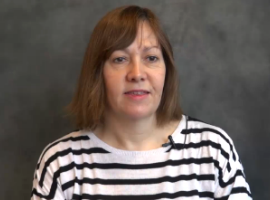InfoQ Homepage Interviews
-
Colin Garlick on Architecture Design in an Agile World
Architecture design is defining the basic structure of our software for now and for the future. But how can this work, given that we are living in an agile world accepting the fact that we only have limited knowledge of our final system? InfoQ was talking with Colin Garlick about architecture design and responsibilities during software development.
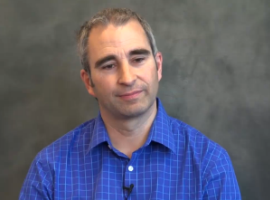
-
Stephen Thair on Enterprise DevOps and Cultural Change
Steve Thair on introducing DevOps in large organizations, the particular challenges they face (from ROI based finance models to technical debt to improving communication) and how to address them.
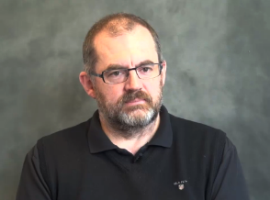
-
Interview with Jay Jay Billings on the Eclipse Science Working Group
Recorded at EclipseCon NA 2015, Jay Jay Billings talks to Alex Blewitt about the recently created Eclipse Science working group, including the challenges involved in data visualisation of petabytes of data and on highly parallel computing that might have hundreds of thousands of processes all processing data.

-
Neha Narula on the Latest Research in Databases, Transactions, Distributed Programming
Neha Narula talks about the latest research and concepts in distributed programming and databases, reducing the overhead of transactions, are multicore systems like distributed systems, and much more.

-
Interview with Martin Lippert on the Eclipse Flux Project
Recorded at EclipseCon NA 2015, Martin Lippert talks to Alex Blewitt about the Eclipse Flux project, an innovative and incubating sub-project of the Eclipse Cloud project, and how it can be used to provide a Google Docs experience for code across desktop and cloud-based IDEs, along with potential inclusion within other Cloud based editing tools.

-
Improving Technical Skills and Agile Practices
Ruud Wijnands talks about things that can and do go wrong with Agile transitions, improving technical skills and practices, supporting people in learning, the value that agile can bring to organizations and giving managers more insight into the possibilities of agile, helping teams to increase their agility and what managers can do to increase the success of agile transitions.
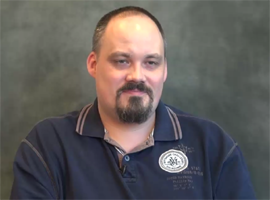
-
Mitchell Hashimoto on Consul, Terraform, Atlas, Go as a Language for Tools
Mitchell Hashimoto explains how Vagrant, Consul, Terraform and Atlas help developers and ops to set up complex systems and keep them running. Also: Go as a language for tools.

-
The Importance of Technical Practices in Agile
Tim Ottinger talks about things that can and do go wrong with Agile transitions, why facilitation matters in agile, increasing the understanding of agile, what is needed to create trust in the organization, the importance of technical practices in Agile, improving technical skills and practices and the “Taking back Agile” initiative.

-
Tony Grout and Chris Matts on Skype's Agile Transformation
Tony and Chris describe how Skype transformed their operations to adopt agile methods across 200+ teams spread over eight locations around the world. They discuss what worked, some of the challenges and share ideas that other organisations may be able to use in their own transitions.
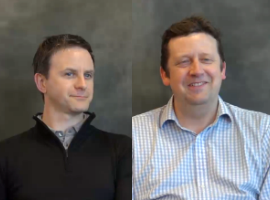
-
Interview with Eike Stepper on the Eclipse Oomph project
Recorded at EclipseCon NA 2015, Eike Stepper talks to Alex Blewitt about the newly created Eclipse Oomph project, and how it makes provisioning Eclipse projects and workspaces a one-click operation, in order to configure a workspace as well as import a standard set of projects in a repeatable way.

-
Camille Fournier on Consensus Systems: ZooKeeper, Etcd, Consul
Camille Fournier explains consensus systems ZooKeeper, etcd, and Consul: how they work, what they do, how they differ from each other. Also: must-read papers in distributed programming.

-
Rachel Davies on Whatever Happened to Being Extreme
An interview with Rachel Davies about extreme programming and agile techniques, good things that have happened since the agile manifesto was published, developments that give agile a bad name and things that can be done to prevent that people think badly about agile and start to resist it and how scrum teams can adopt more technical practices from XP.
